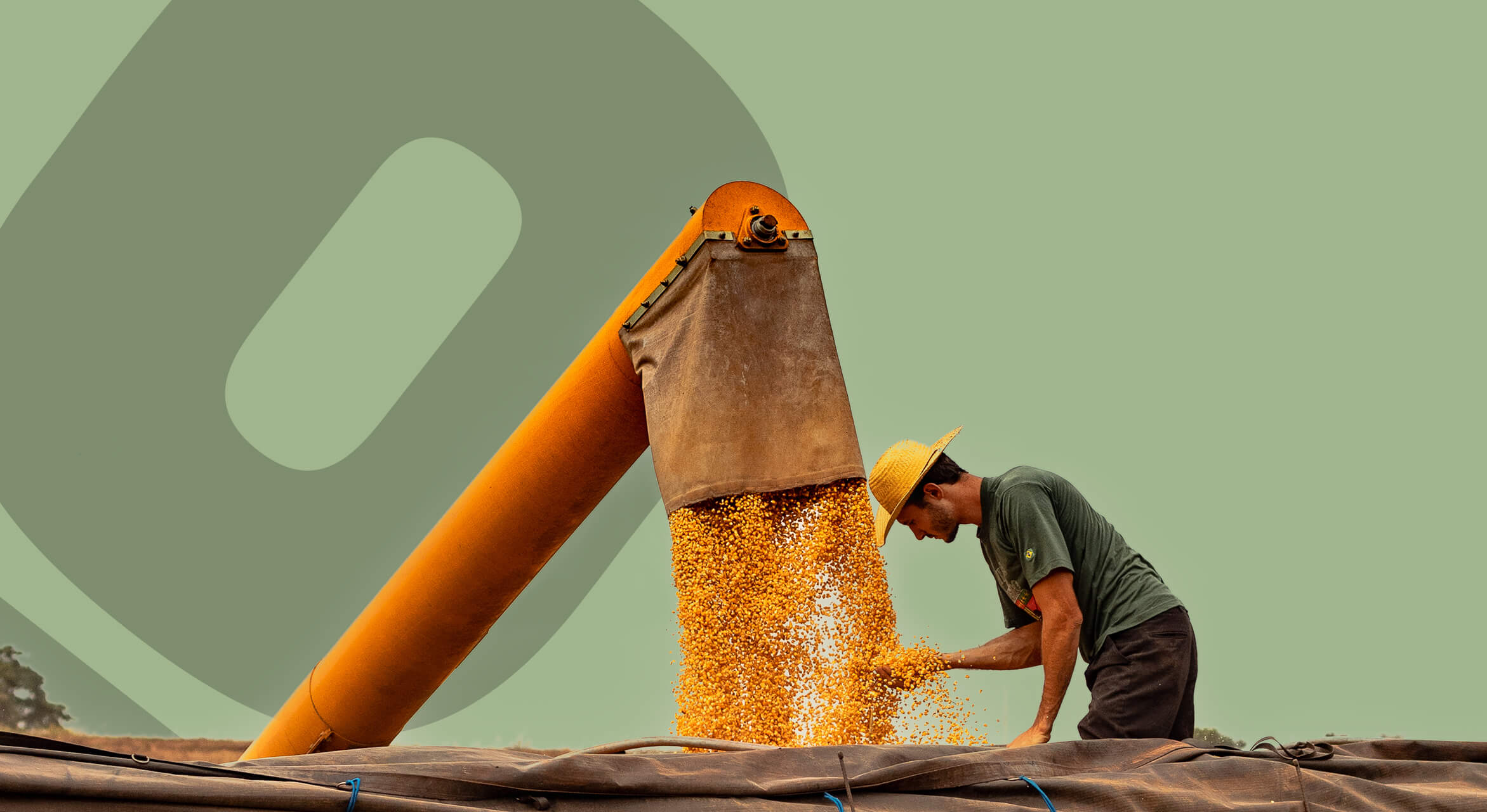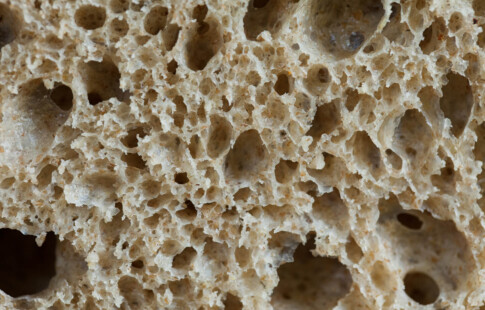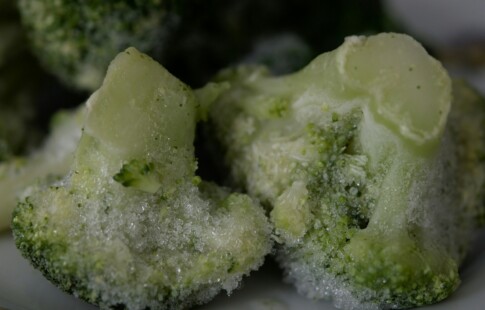
What is the Future of Food and Agriculture?
We are reader-supported. When you buy through links on our site, we may earn affiliate commission.
Food is a basic human necessity. Unfortunately, changes to the climate may limit the global supply. Without adequate resources and weather conditions, more individuals will face hunger. The future of food is a pressing matter.
Researchers are evaluating the environmental conflicts placing limitations on agricultural development. Their findings are influencing sustainable production technologies and farming techniques. Before we examine eco-friendly development alternatives, we must evaluate the environmental challenges associated with agriculture.
Ecological Challenges
A significant sustainability limitation in the agricultural industry derives from red meat production. Cows release methane throughout their lifetime, expanding the footprint of consumers. A half-pound of beef releases 7.40 pounds of methane into the environment.
When the greenhouse gas invades the atmosphere, it alters Earth’s temperature control process. The planet relies on a consistent atmospheric composition, maintaining a life-sufficient climate. Naturally, Earth absorbs solar radiation, creates heat, warms the surface, reabsorbs additional energy and sends it to space.
Greenhouse gases, like methane, have a high sunlight-to-heat exchange rate. They also trap excess solar energy in the environment for extended periods. Over time, the overproduction and entrapment of heat increases Earth’s temperature.
Methane’s impact on the environment, in turn, limits agricultural development. As Earth’s temperature rises, the evaporation rate increases. While some regions experience heightened precipitation as an effect, others suffer from extended drought periods.
Without abundant water sources, it is challenging to meet necessary crop yields. Maintaining optimal outputs is essential for humanity’s survival. Nearly 811 million individuals currently lack access to adequate food sources, driving global hunger.
Some agricultural developers try to reduce the hunger rate and develop high crop yields with monocropping. Instead of rotating plants throughout the year, some farmers overproduce a single crop while soil permits growth. Over time, the agricultural techniques deplete local soil of its nutrients and water absorption abilities.
Environmental scientists and researchers identified sustainable farming practices that limit the degradation associated with the food industry. In the future, the food industry can achieve sustainability by using permaculture, cultured meat, solar water coverings, and plastic-less packaging.
Permaculture
Farmers can achieve abundant crop yields without depleting soil nutrients using permaculture techniques. The agricultural practice uses regional resources and complementary plants to support a closed-loop system. Developers who use the method will plant water-intensive crops at the bottom of a hill, letting rainwater support their growth.
They also plant low-light crops under tall, leafy plants, promoting natural shade. Farmers can plant pest-resistant herbs around their crops rather than adding pesticides or genetically modifying their crops. The agricultural development technique develops sustainable, organic produce.
The permaculture term derives from “permanent” and “agriculture.” Farms developed using the technique are self-sustaining. They continue producing food year-round with little reliance on farmers.
Cultured Meat
Scientists are also challenging environmental degradation, developing red meat from animal cells inside labs. Cultured meat derives from cells that researchers manipulate to reproduce in controlled environments. The production technique preserves endangered species by freeing up natural lands.
It also preserves the land used to grow future food for farm animals. The Mosa Meat company announced that their cultured meat will create 96% fewer greenhouse gas emissions than farm-raised versions. Other companies also plan on using 100% renewable energy in their production facilities.
Limiting the air pollution associated with red meat can significantly improve the food industry’s sustainability. Over time, some expect cultured meat companies to reach carbon-neutrality. Achieving the goal is a distant dream and a possible way of the future.
Solar Covered Water Sources
Engineers evaluated challenges with water sourcing in agricultural regions and developed a sustainable solution. In America, the majority of our produce derives from Southern California. The area is currently experiencing its longest drought period, negatively affecting crop yields.
Over the years, it lost its abundant water supplies to the increased evaporation rate. The region created a quick solution, accessing their water from the northern areas through a canal system. Unfortunately, rising temperatures are also affecting the efficiency of water transportation.
Professionals developed a solar cover for the canals, limiting sunlight exposure. The technology decreases the evaporation rate’s effect on water levels. It also prevents algal blooms and bacteria from developing in the supply.
Farmers in Southern California may access an abundant water supply when using solar-paneled canals. They can also use the energy generated from the systems to power their electric devices. Utilizing renewable power on farms can further enhance the sustainability of food.
Plastic-Free Packaging
The food industry may also reduce its production of pollution by eliminating single-use plastics. Plastic generates a high quantity of greenhouse gas emissions through the production process. It also creates aquatic pollution, causing adverse effects on species.
Once beverage company challenges single-use plastic pollution by using edible beer rings. The material holds a six-pack together and creates zero ecologically degrading pollution. Animals can consume the rings safely, limiting harm.
Powering Change
In America, consumers vote with their dollars. We can instill sustainable change in the future food industry by supporting eco-friendly companies. Our purchases influence the market, increasing the demand for low-impact products.
Various engineers and scientists are developing environmentally conscious food alternatives. When we increase the demand for sustainable goods, new developments will replace the ecologically degrading version. Together, consumers and agricultural developers can preserve the planet.
Share on
Like what you read? Join other Environment.co readers!
Get the latest updates on our planet by subscribing to the Environment.co newsletter!
About the author

Jane Marsh
Starting from an early age, Jane Marsh loved all animals and became a budding environmentalist. Now, Jane works as the Editor-in-Chief of Environment.co where she covers topics related to climate policy, renewable energy, the food industry, and more.





